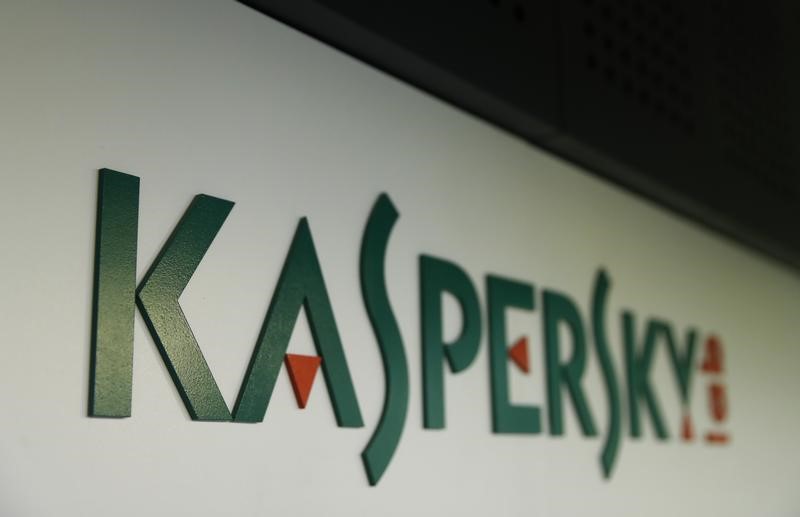VILNIUS (Reuters) - Software from Moscow-based company Kaspersky Lab is a threat to Lithuanian national security and its products will be banned on sensitive computers, Lithuania's government said on Thursday. It is the latest setback for the software maker.
The software will be removed from computers that control critical infrastructure such as energy, finance or transport including those run by private companies. Government agencies can only continue running it if their computers are not deemed sensitive by the cybersecurity agency.
Kaspersky's anti-virus software was banned from U.S. government networks this year because of concerns the company has close ties to intelligence agencies in Moscow and that its software could be used to enable Russian spying.
This month Britain's main cyber security agency warned British government agencies to avoid using anti-virus software from Russian companies.
The Lithuanian government said in a statement Kaspersky Labs software was "a potential threat to ... national security".
"Information from computers using the software can leak into countries where we don't want it to end up," Rytis Rainys, deputy director at the state cybersecurity agency told Reuters.
"We drew on various sources for the conclusion, including information from our partners and intelligence sources."
The company told Reuters it disagrees with the decision and is considering its options to challenge it.
"Given that Kaspersky Lab does not have inappropriate ties with any government, it is disappointing that this decision by the Lithuanian Government has been made," it said a written statement.

"Unfortunately, the company appears to be caught up in a geopolitical fight and this has resulted in allegations for which no credible evidence has been publicly presented."